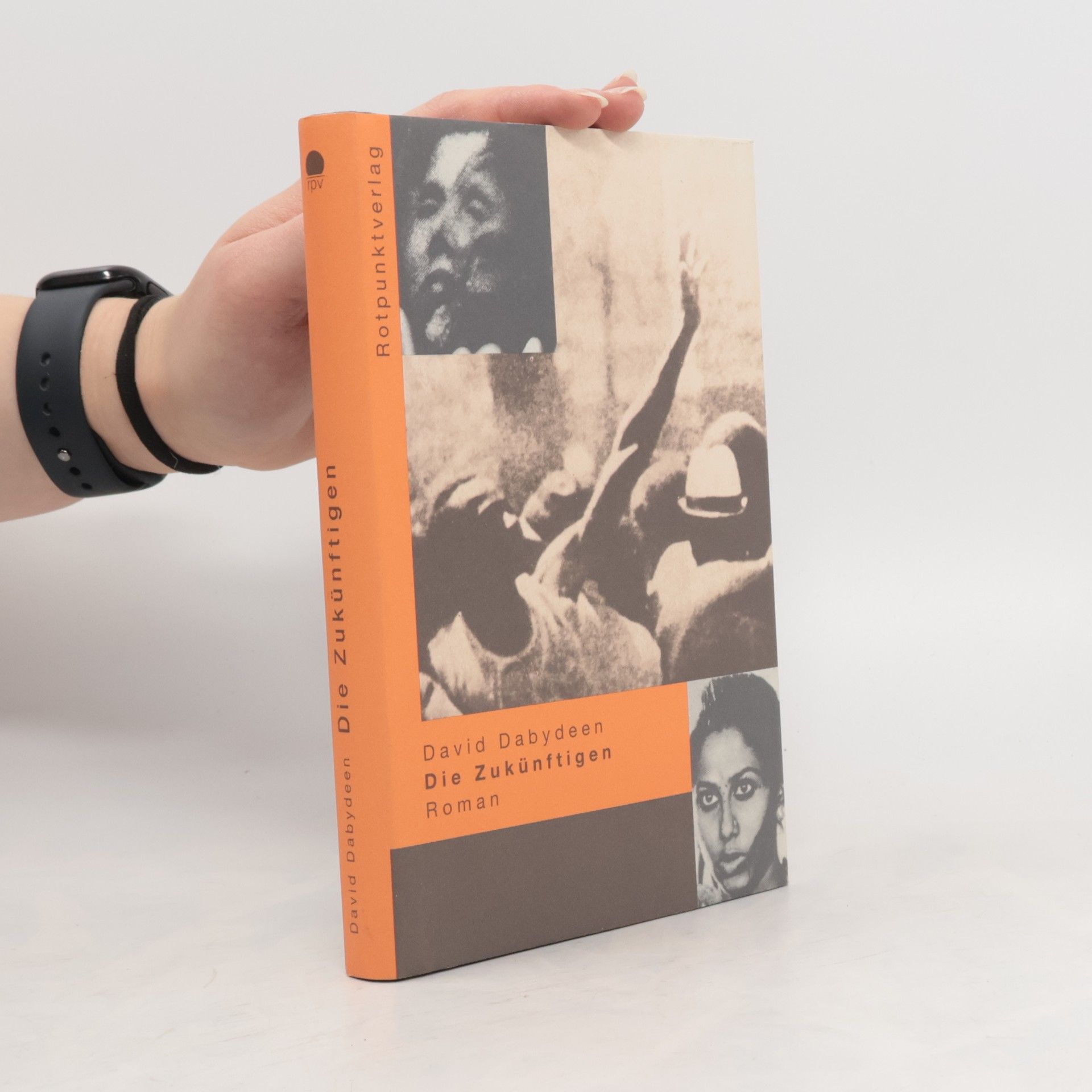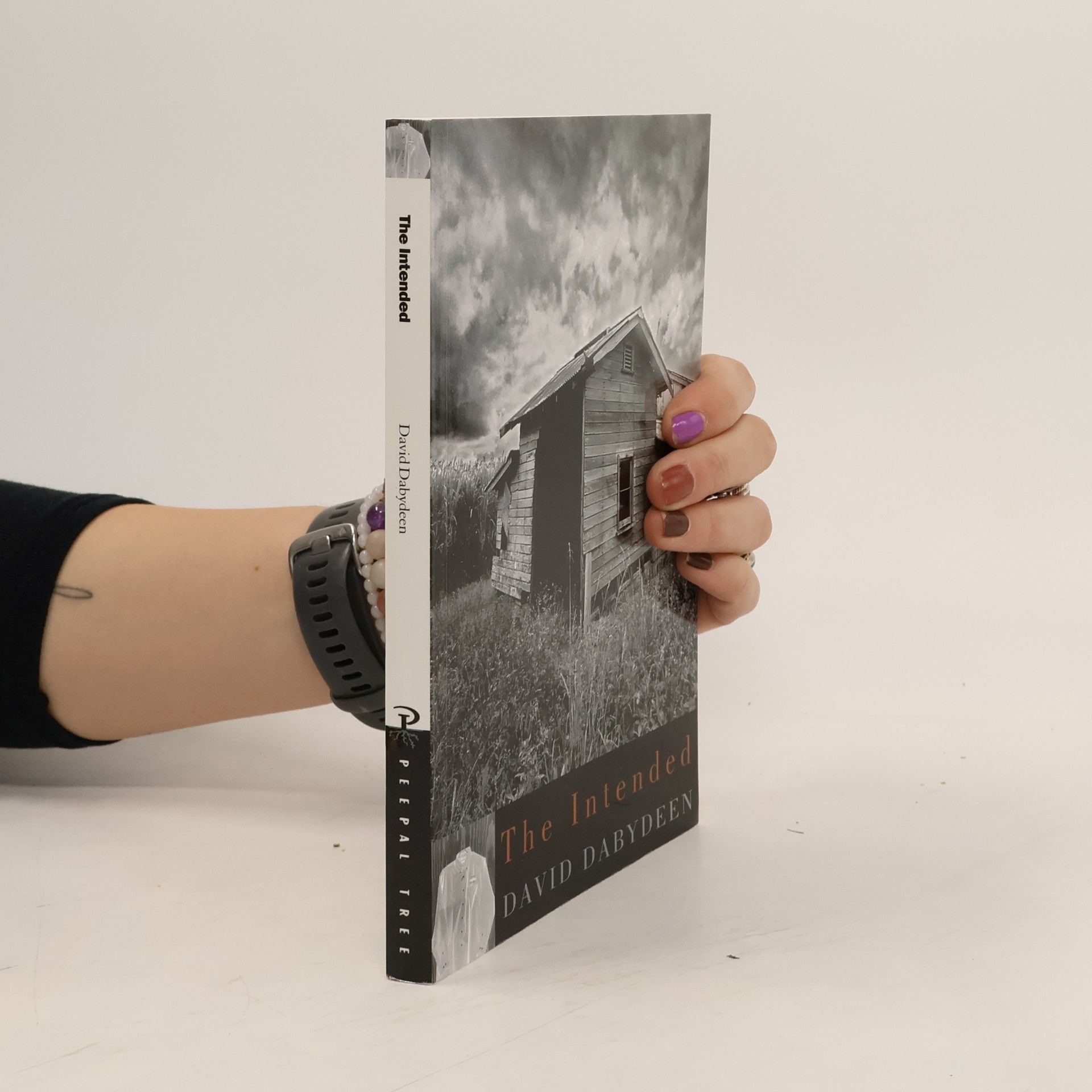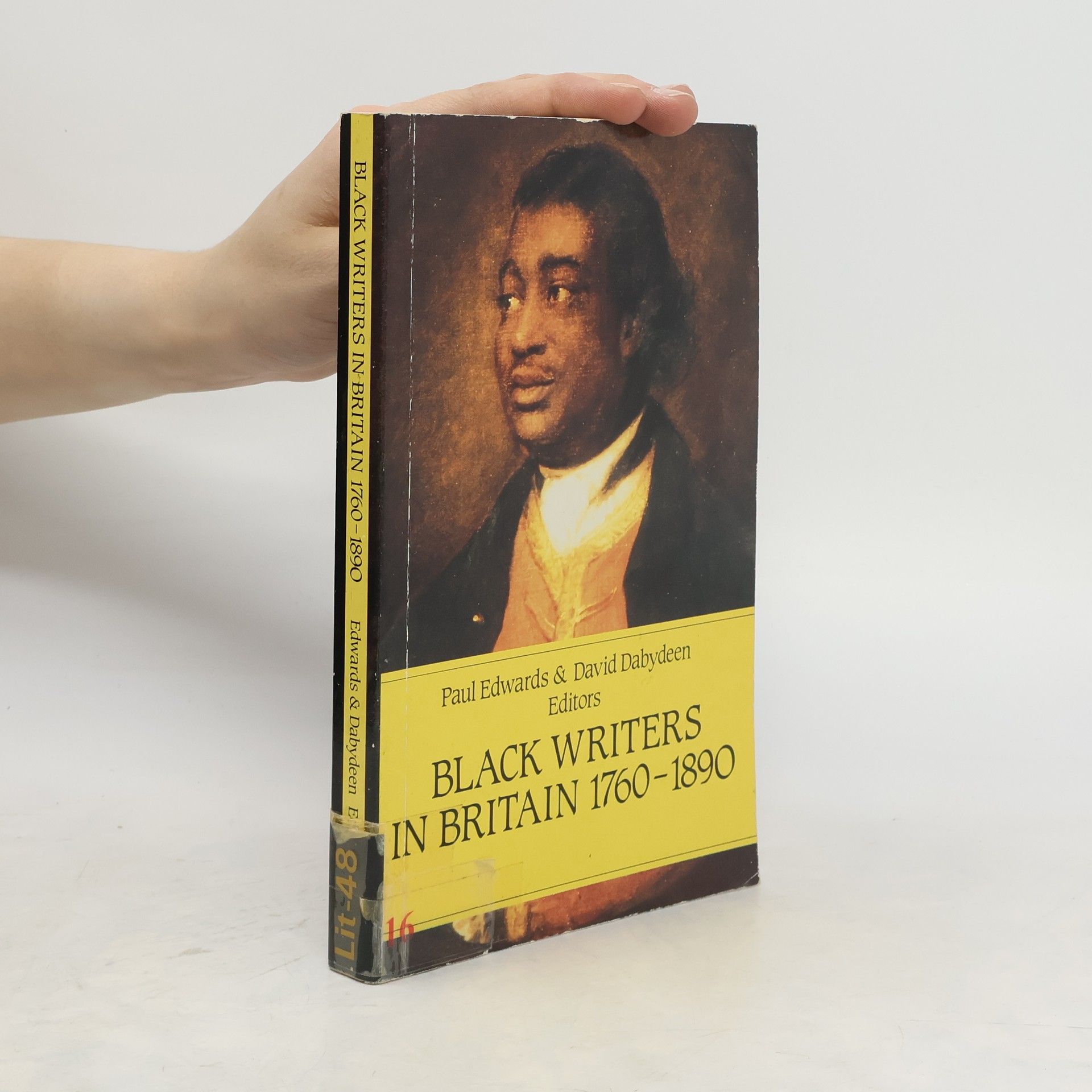Black Writers in Britain 1760-1890
- 200pages
- 7 heures de lecture
Extracts from the work of 19 Afro-British, Black American, and Caribbean writers who spent time in Britain during the period. They are drawn from autobiographies, slave narratives, unpublished letters, oral accounts, and public records. Includes a general introduction and an introduction to each writer.


